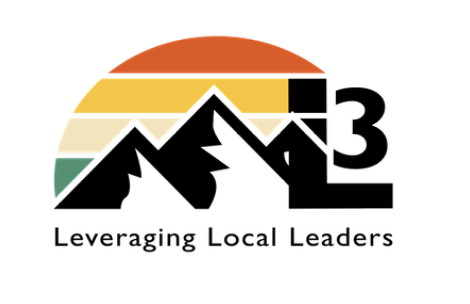Knoll: Leaders need to show empathy in crisis
After experiencing an exponential growth in users during the coronavirus outbreak, a CEO took to Twitter to share his journey. His day job, and his night job, is CEO of Slack, the collaboration platform darling. On Twitter, Stewart Butterfield began, “I’m human. I worry about my family and am deeply concerned about the millions whose jobs and health are at risk.” What Butterfield was doing in that brief moment — eventually turning it into a masterclass in leading during sudden, radical and rapid change — was establishing one of the most important aspects of leadership.
Empathy
So much has changed for all of us in such a short period of time. What was once mundane just hours or days ago has become something entirely different. That which was urgent quickly becomes irrelevant. This is what rapid and radical change looks like — it’s what it’s always been like, but somehow it now has a new flavor, a new orientation. An air that things might not get back to normal anytime soon. This is what the fog of war looks like during a global pandemic outbreak in the modern age.
After establishing his humanity, Butterfield continued to discuss the business of the day. “I’m also a CEO and these tweets are about work: the company, money, markets, customers, earnings, guidance.” You’ve probably already heard the calls for leadership in this moment. This is important. In the frame of what’s occurring now, on the ground, today, now — this is crucial. We offer a slight amendment to frame leadership as an action — or, leading. That’s what’s needed most in this moment. Leading your organization. Leading your teams. Leading your family. Leading yourself. It’s simple, but not easy. But what exactly are we leading?
We’re leading so much, but probably at the top of your list is change. We’re leading by establishing a calm presence and positioning at the tip of the spear into an unknown future. Scary stuff, right? Not so much for the innovators among us as they’re used to operating during periods of uncertainty, unclear outcomes, questionable supports, shifting alliances and changing customer tastes. Iteration, assumption and validation automatically become the fallback for any organization looking to survive and thrive in this moment. It’s a good thing for organizations, and dare we say humanity in general, that innovation leaders have these tools at the ready, for deployment at a moments’ notice.
Butterfield’s tweet thread expands. He describes the user growth tear that Slack was on as teams across the globe began to take their communication and collaboration digital. After 1,597 days hitting 1 million ‘simultaneously connected’ users in October 2015 Slack passed 10 million in March 2020.
We rest our case — rapid, radical change is in our midst. As innovators look to adapt, iterate and deploy during this period of unprecedented change new situations present themselves. For some this is beneficial; for others hard decisions will be made. Very few will be unaffected. The invitation to create a new future, a new orientation, a new strategy is available to all regardless of the specific situation.
Innovators are needed now more than ever. The skill sets and tools they bring to the table have been custom built for this moment. They’re ready to empathize, solve problems, lead change, adapt, iterate, deploy and move all of us through an uncertain few moments. How are you innovating during a time of disruptive change?
Thomas Knoll is the founder and CEO of Innovators CoLab (www.innovatorsco.com). He can be reached at thomas@innovatorsco.com.
After experiencing an exponential growth in users during the coronavirus outbreak, a CEO took to Twitter to share his journey. His day job, and his night job, is CEO of Slack, the collaboration platform darling. On Twitter, Stewart Butterfield began, “I’m human. I worry about my family and am deeply concerned about the millions whose jobs and health are at risk.” What Butterfield was doing in that brief moment — eventually turning it into a masterclass in leading during sudden, radical and rapid change — was establishing one of the most important aspects…



